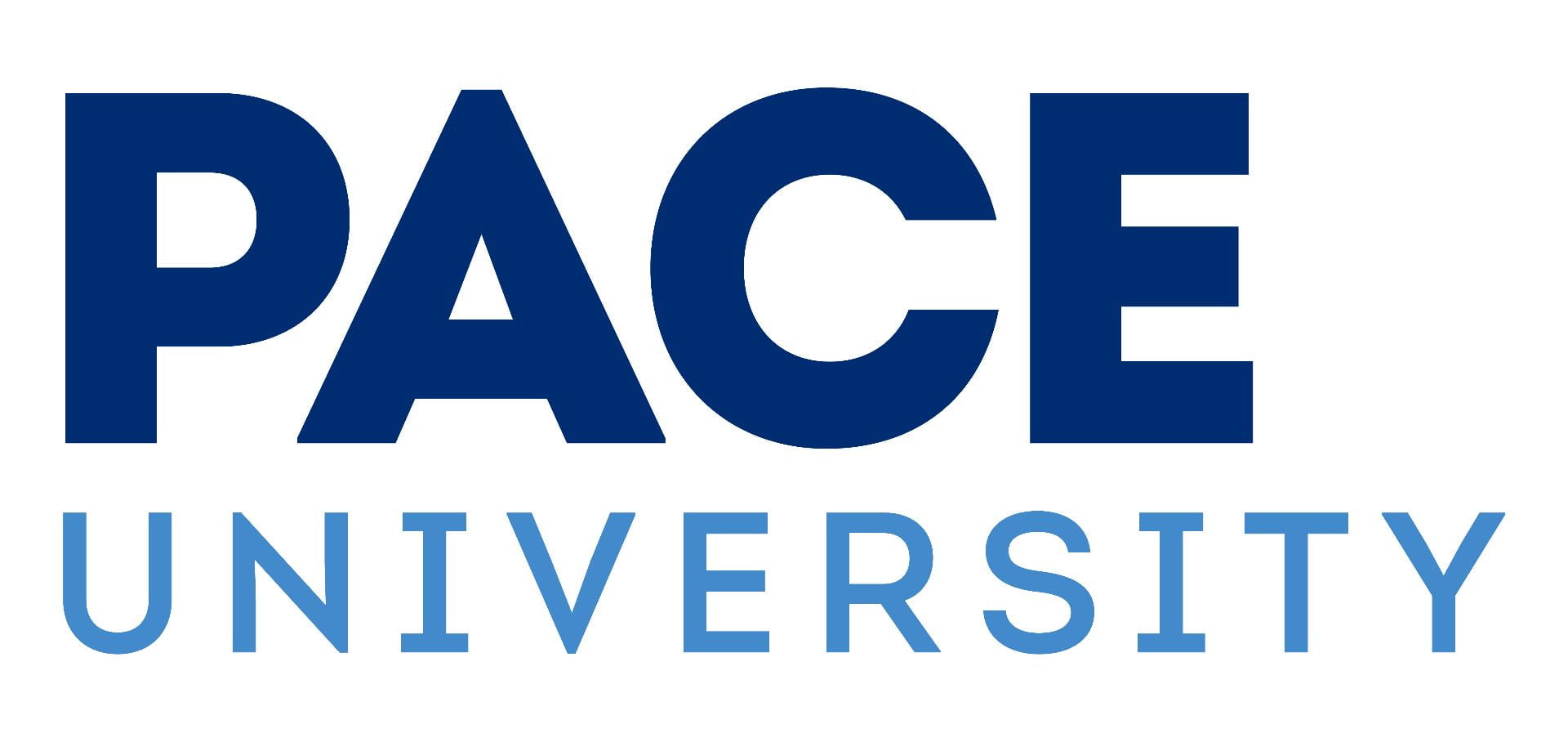Summer 2023 Dyson College Student-Faculty Undergraduate Research Initiatives Awardees

Joshua Ceisler
Dyson| Biology
Faculty Mentor: Aaron B. Steiner
Project Title: Assessing Innervation of Nascent Sensory Hair Cells in Zebrafish
Hearing loss has become an increasingly prominent public health concern within the United States. Inner ear hair cells, which are responsible for sensory signal transmission to afferent neurons, do not regenerate in the adult mammalian ear. Damage or destruction of the inner ear hair cells is the most common cause of hearing loss. So far, the therapies used to treat hearing loss due to the damage or destruction of inner ear hair is cochlear implantation. Stem cell therapies for this type of hearing loss are currently being researched. Improving upon the current therapies by finding a pharmacological treatment would reduce the need for surgery or immediate access to the inner ear. We plan on using zebrafish as a model system to determine whether or not hair cells can be regenerated within the ear, and whether or not those newly formed hair cells have synaptic connections, which would indicate functional integration within neuronal circuits.

Felicity Flores-Drew
Dyson| English
Faculty Mentor: Eugene Richie
Project Title: New York and $0.99 Dreams
New York & Other $0.99 Dreams is a creative inquiry and a love letter to the Black Latine Queer experience. This creative inquiry seeks to explore untold narratives through poetry. New York & Other $0.99 Dreams represents resistance through storytelling. Dr. Richie ‘s courses inspired me to explore form such as the ode, sestina, cento, ghazal, epistle, and prose poem. These forms have extended into creation of my own forms in my poetry.

James C. Kennedy
Dyson| Personality and Social Psychology
Faculty Mentor: Courtney L. Gosnell
Project Title: Self Vs. Partner Self-control and its Impact on Goal Conflict Within Close Relationships
Past work has begun to examine the relationship between personal and partner self-control and how self-control may impact close relationships. For example, past work suggests that self-control levels are often similar amongst partners (VanDellen, 2017). In addition, there are higher levels of relationship satisfaction when the individual has a partner with high self-control. (Righetti, 2011). Furthermore, we know relationship attributes can impact goal pursuit. For example, past work has found that the closeness of a relationship has an impact on individual goal pursuit, specifically, in career goals (Kornblum, 2021). This study will further examine the choices made by individuals to prioritize their goals or their partners’ goals related to individual and partner self-control in romantic relationships.

Cailyn E. Mickelsen
Dyson | English Language & Literature
Faculty Mentor: Sid E. Ray
Project Title: Weaponized Identities: Richard II’s Narrative Queerness in History, Text, and Performance
Throughout medieval historical chronicles and creative works–most notably, Shakespeare’s Richard II—English King Richard II (1377-1399) is portrayed as queer. Attempting to delineate between historical fact and fictional narrative to discover the “truth” of Richard’s queerness would not only be impossible, but would ignore more interesting queries into why these threads of queerness were created and what agendas they have served. In this project, I will explore overlaps between history and narrative, the ever-changing conception of queerness in historical and literary contexts, and the weaponization of queerness through correlation to weakness and wrongdoings, all in relation to Richard II.

Megan E. Sanchez
Dyson| Psychology
Faculty Mentor: Brenna L. Hassinger-Das
Project Title: Exploring the Effect of Parental Preferences and Beliefs About Play Activities on Children’s Frequency of Play Activities
Previous research evaluating parenting culture has identified a shift in caregiver expectations, suggesting that modern parents tend to prefer non-digital toys (Babuc 2015). Playing with these traditional toys fosters a child’s imagination, creative thinking, literacy skills, and other cognitive abilities. Given that many of these activities require greater physical effort, attention, time commitment, and financial investment from parents, they are arguably not the most feasible form of play. Due to the demands of non-digital play, some studies attribute this play preference to a caregiver’s education level, class status, and other demographic factors (Erdogan et al., 2019). On the other hand, electronic toys, such as video games or smartphones, can help stimulate a child’s senses and hand-eye coordination, as well as allow for creative play (Brooks-Young 2010). With compelling benefits for and against both types of play, the lingering question is, regardless of parental preferences, which toys are children actually playing with?

Mark A. Shelan
Dyson| Biology
Faculty Mentor: Wei Fang
Project Title: Land Cover Changes and Ecosystem Productivity Under the Changing Climate in Central Asia
Central Asia, composed of five former-USSR countries– Kazakhstan, Kyrgyzstan, Tajikistan, Turkmenistan, and Uzbekistan, falls mostly in arid and semi-arid climate, with high ecological fragility and cultural significance. These countries have experienced socio-ecological, environmental and institutional shifts since 1991, and are highly vulnerable to climate change and other socioeconomic shifts. Based on our prior analysis on MODIS land cover data analysis, Central Asia lost 4.8% of forests, 1.3% of grasslands (37,483 km2), and 10.5% of croplands (22,612 km2), while gained 30.8% shrublands, 50.9% open woodland, 11.6% wetlands, and 2.2% built-up area over the past 20 years (2001-2020, with 500m resolution). However, the relative influences and contributions of climate and socio-economic forcing on vegetation remain unclear.
